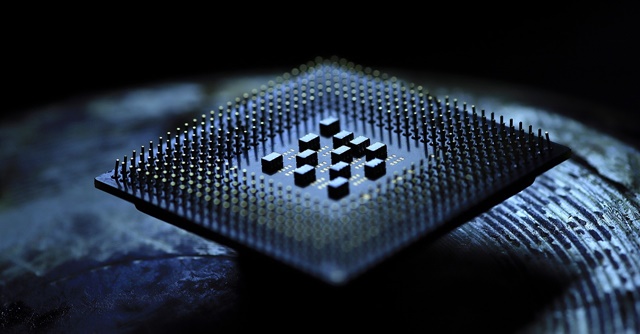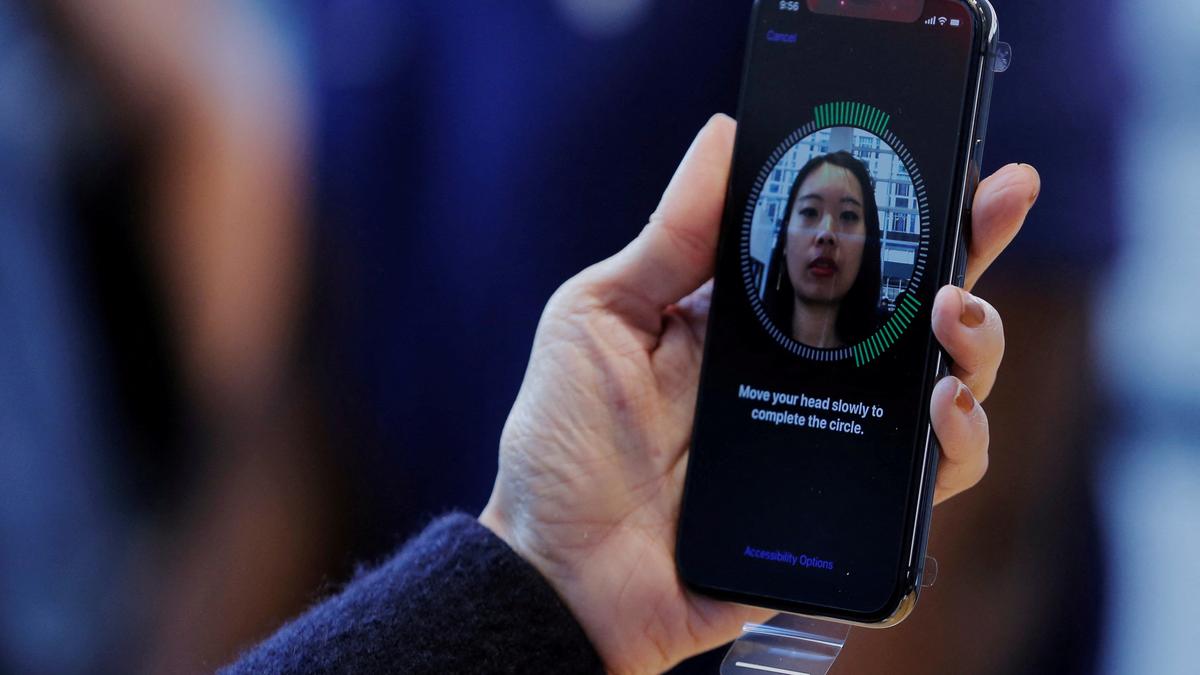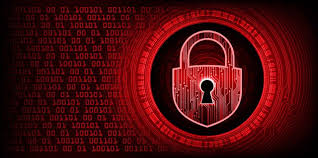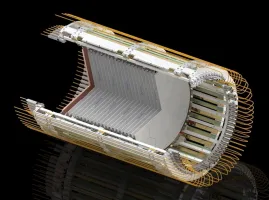Blog Credit: Trupti Thakur
Image Courtesy: Google
India’s First Quantum Diamond Microchip Imager
IIT Bombay and TCS, India’s biggest IT services company, are working together to make the country’s first quantum diamond computer imager. This technology was just announced and it looks like it will completely change how semiconductor chips are inspected.
What is Quantum Diamond Microchip Imager?
A quantum diamond computer imager works in a way that is similar to how MRIs work in hospitals. It makes image magnetic fields possible so that semiconductor chips can be mapped without damaging or removing them. As semiconductor technology gets smaller, this ability is becoming more and more important as traditional sensing methods fight to keep up.
Integration of Advanced Technologies
This Indian-made imager uses quantum diamond microscopy along with software that is better at AI and machine learning. This puts India at the center of the quantum revolution. It is expected that the microchip imager will make it easier to inspect semiconductor chips more accurately, lower the number of failed chips, and make electronic gadgets use less energy.
Applications and Impact
Semiconductor chips are used in many fields, such as clean energy, communications, computing, healthcare, defence systems, and transportation. Over the next two years, TCS and IIT Bombay will work together to make these gadgets safer, more reliable, and better at using energy.
Strategic Impact and Industrial Application
This project is part of the “Second Quantum Revolution,” which is moving quickly and needs people with skills in sensing, computing, and communication tools to work together. CTO of TCS, talked about how this project could change many businesses and how it would help society as a whole.
Overview
The Indian Institute of Technology Bombay (IIT-Bombay) has entered a strategic partnership with Tata Consultancy Services (TCS) to develop India’s first Quantum Diamond Microchip Imager.
This advanced sensing tool will hold the potential to unlock new levels of precision in the examination of semiconductor chips, reduce chip failures and improve the energy efficiency of electronic devices.
Over the next two years, experts from TCS will work with Dr. Kasturi Saha, Associate Professor in the Department of Electrical Engineering of IIT Bombay, to develop the quantum imaging platform in the PQuest Lab.
This platform will enable better quality control of semiconductor chips, thereby improving product reliability, safety, and energy efficiency of electrical devices.
Semiconductor chips are essential to all modern electronic devices, making them smart and efficient. With the ability to process data and complete tasks, these chips act as the brains of devices across industries such as communications, computing, healthcare, military systems, transportation and clean energy.
Dr. Kasturi Saha said, “PQuest group at IIT-Bombay is excited to collaborate with TCS on developing a quantum imaging platform for the non-destructive examination of chips, leveraging our extensive expertise in quantum sensing to drive innovation. We aim to transform various sectors, including electronics and healthcare, and propel India forward through groundbreaking technologies and products aligned with National Quantum Mission’s Quantum Sensing and Metrology vertical.”
Dr. Harrick Vin, Chief Technology Officer, TCS, said, “The Second Quantum Revolution is progressing at an unprecedented speed, making it imperative to pool our resources and expertise to build cutting-edge capabilities in sensing, computing, and communication technologies. This initiative will have a transformative impact on various industries and society, with applications ranging from electronics to healthcare, and beyond. By working together, we can drive innovation and create a brighter future for all.”
‘We are keen to collaborate with industry’
The collaboration between TCS and IIT-Bombay is aligned with the National Quantum Mission — an initiative by the Government of India to position the nation as a global quantum technology leader.
Prof. Shireesh Kedare, Director, IIT-Bombay, said, “This collaboration aims to develop a quantum imaging platform for the non-destructive examination of chips. We are keen to collaborate with industry to translate the ideas, innovations and research into the technologies and products through such collaborations as well as start-ups that will take India ahead.”
Wide application
As semiconductors continue to shrink in size, traditional sensing methods lack the precision and capabilities to detect anomalies in chips. The Quantum Diamond Microchip Imager can image magnetic fields, enabling a non-invasive and non-destructive mapping of semiconductor chips, much like an MRI at a hospital.
It uses the defects in a diamond’s structure, known as Nitrogen-Vacancy (NV) centers, together with the other hardware and software for detecting and characterizing anomalies in semiconductor chips. The diagnostic capabilities will have significant implications for failure analysis, device development, and various optimization processes, Mr. Kedare explained.
With its advanced capabilities to identify chip defects such as current leakages and enable visualization of three-dimensional charge flow in multi-layer chips, Quantum Diamond Microchip Imager is a leap forward in semiconductor imaging.
It will have wide applications in microelectronics, biological, and geological imaging, and fine-scale imaging of magnetic fields, among others. This project builds on TCS and IIT-Bombay’s dynamic partnership since the 1990s, spanning joint research projects, collaborative education programs, internships, faculty development programs, and more. IIT-Bombay was the first institute to be signed as an academic partner for TCS’ Co-Innovation Network, a platform driving industry-academia collaboration for pioneering solutions.
Blog By: Trupti Thakur

30
MayIndia’s First Quantum Diamond Microchip Imager
May 30, 2024Recent Blog
The New Accessibility Feature of AppleMay 14, 2025
The Digital Threat Report 2024May 13, 2025
The MADMAX ExperimentMay 12, 2025
The EntraID Data ProtectionMay 10, 2025
The MAHA-EVMay 07, 2025




